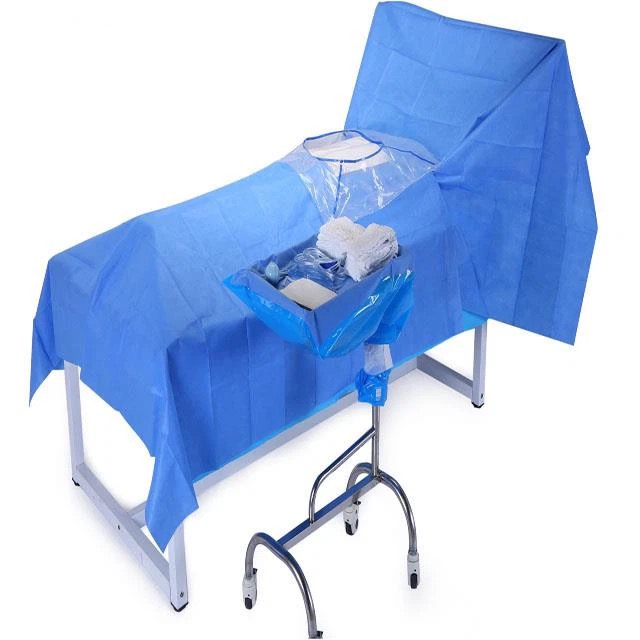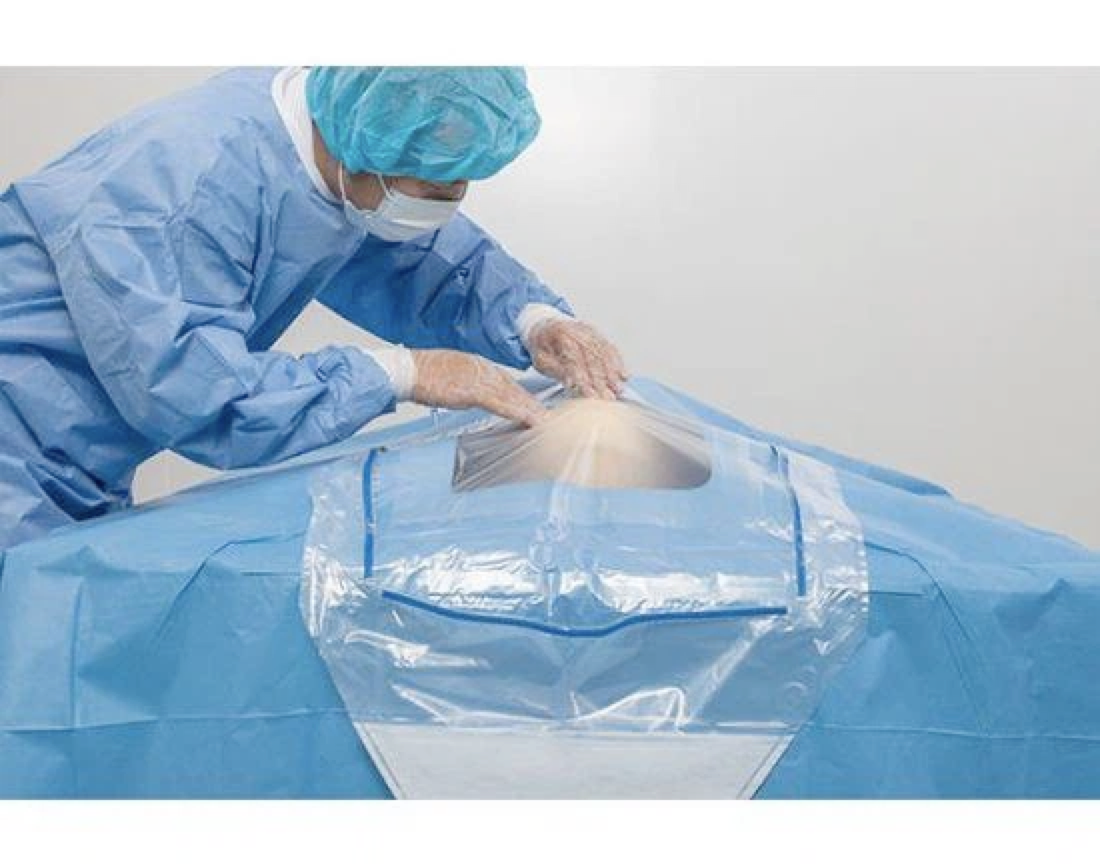Are microorganisms bacteria?
Microorganism is a collective term for a group of organisms, microorganisms usually include the following eight categories: bacteria, viruses, fungi, actinomycetes, rickettsiae, mycoplasma, chlamydia, spirochetes, and some microorganisms are non-cellular organisms consisting of nucleic acids and proteins and other components, so the microorganisms include bacteria, but not only bacteria.
Are microorganisms invisible?
Most microorganisms are invisible to the naked eye and can only be observed with the help of a light microscope or an electron microscope, but there are some microorganisms that can be seen with the naked eye, such as mushrooms, which belong to the category of fungi, and the bacteria, which belong to the category of Thiobacillus oryzae, which belong to the category of bacteria.
Anti-microbial drug resistance
Anti-microbial drugs are drugs that inhibit or kill disease-causing microorganisms, thus hindering their growth and reproduction. This class of drugs includes disinfecting and antiseptic drugs and anti-microbial drugs for clinical treatment. The former include alcohol and iodine, which can be used as disinfection of body surfaces, instruments, excreta and the surrounding environment to eliminate the source of disease and prevent the spread of pathogens. The latter includes the familiar penicillin and azithromycin.
Microbial resistance is when an anti-microbial drug that used to inhibit or kill microorganisms is no longer effective or has diminished efficacy. This makes it difficult to cure a disease that could have been cured. Microbial resistance is a natural phenomenon, but inappropriate use of drugs can accelerate the onset of microbial resistance.
World Health Organization "Raising Awareness of Antimicrobial Drugs"
In 2015, the World Health Organization (WHO) launched the world's first "Antibiotic Awareness Week", and revised it to "Antimicrobial Drug Awareness Week" and "Antimicrobial Resistance Awareness Week" in 2017 and 2020, respectively. In 2017 and 2020, respectively, Antibiotic Awareness Week was changed to Antimicrobial Drugs Awareness Week and Antimicrobial Drugs Awareness Week, and the third week of November was designated as Antimicrobial Drugs Awareness Week, encouraging a more inclusive global response to tackle antimicrobial drug resistance. The week will be designated as Antimicrobial Drug Awareness Week on the third week of November each year to encourage a more inclusive global response to antimicrobial resistance.
Is it relevant to us?
People often think that preventing antimicrobial drug resistance is a matter for doctors and pharmacists, or for the government, and that it has little to do with us, the people, and that we can just buy antibiotics and take them, but in fact it doesn't.
First of all, the abuse of anti-microbial drugs may produce side effects; secondly, the abuse of anti-microbial drugs will produce drug resistance, with the use of more and more anti-microbial drugs, the pathogenic bacteria will become more and more resistant to drugs, if not managed effectively, will develop "superbugs", antibiotics and other anti-microbial drugs become ineffective, the infection becomes more and more difficult to treat or untreatable, and the infection becomes more and more difficult to treat or untreatable. Antibiotics and other antimicrobials become ineffective, and the infection becomes increasingly difficult or impossible to treat.
Antimicrobial resistance should affect us all. Therefore, prevention of antimicrobial resistance should be everyone's business, starting from the small things around us to support the curbing of antimicrobial resistance.





